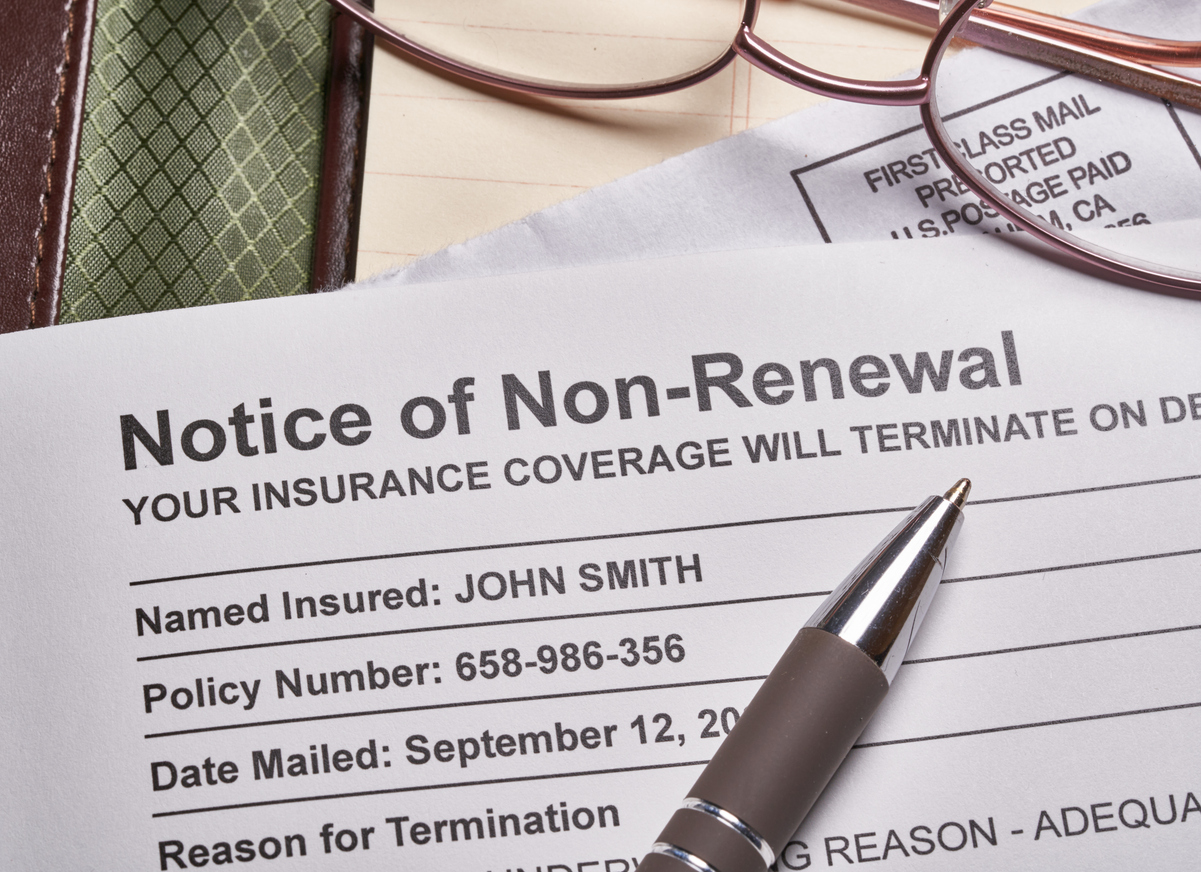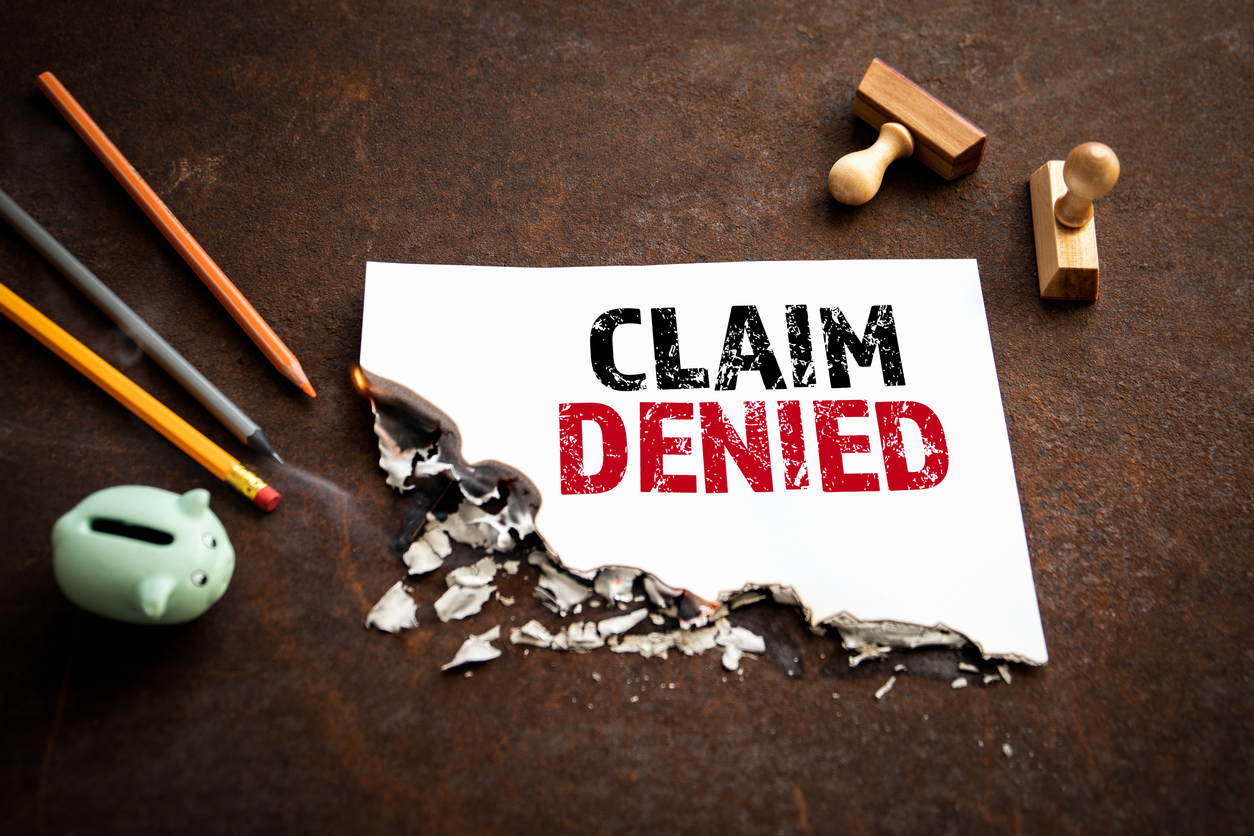Last week, I discussed how Title 10 of the California Code of Regulations §2695 outlines time limits in California for an insurer when it comes to claims handling. This week, I am elaborating on this consumer friendly code section. When trying to figure out how long an insurer has to adjust a loss or respond to inquiries, this is the section of the Fair Claims Settlement Practice Regulations that an insured should review.
This code section, in addition to outlining the timing in which an insurer is bound to respond to an insured’s inquiries, sets time limits for insurer’s decisions after receipt of proof of loss, the time to pay after accepting a proof of loss, dictates the requirement for insurers to explain the basis for denials, and limits insurers’ requests for materials from the insured.
The regulation sets a time limit of forty days for an insurer to accept or deny a claim and proof of loss. If the insurer chooses to deny the claim, the insurer must do so in writing with specific information regarding the legal and factual basis for the rejection. The insured is entitled to an explanation based on statute, law or policy provisions for the rejection. To ensure compliance with the proper code sections, the rejection must also refer to an insured’s rights to bring the matter up with the California Insurance Commissioner for review.
More insurers are requesting insureds’ examinations under oath (EUO) and materials in addition to the proof of loss as a matter of course. It is common for an insurer to list a multitude of documents it wants the insured to produce before EUO, and then usually, a list is compiled at the time of EUO for the insured to gather. This inevitably leads to a huge delay in the claims process. California Code of Regulations §2695.7(d) provides that no insurer shall persist "in seeking information not reasonably required for or material to the resolution of a claim dispute."
Ideally, the claims process is supposed to go smoothly, but when in doubt on whether the insurer is fulfilling its duties to the insured, Title 10 California Code of Regulations §2695 is a good place to begin your research.



